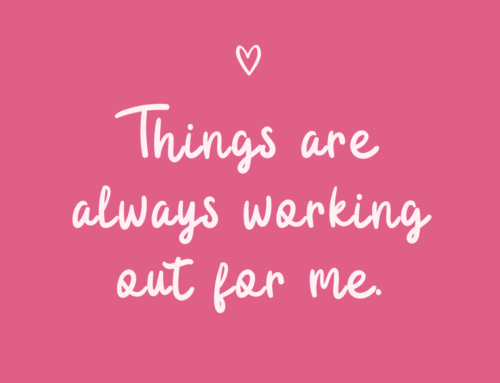Spending our money is something that we often do without thinking. It’s just so easy to tap here or swipe there.
But if you’re planning on getting a mortgage soon, you need to become mindful of what you’re spending on because lenders will look. They are taking a risk lending you a significant amount of money, so they need to ensure that you’re responsible with your money.
Red flags that they look for include:
- gambling – whether you do it a little or a lot, whether you win more than you lose, it’s a big red flag – probably the biggest, so it’s a good time to take a break.
- credit card debt, especially store credit cards – aim to pay off your credit card every month, or stop using it for the 3 months before you apply for your loan.
- spending excessively on anything – whether it’s clothes, eating out or drinking, they look for patterns of overspending
- PayPal transfers – these can often hide some of our indiscretions as our bank statements just show “PayPal”. The charges might be legitimate, but they may also be a cover for something less mundane. Lenders like to see where your money is going.
- Buy Now Pay Later or AfterPay – these may affect your credit score because it is credit that you’re buying on. Reports of these types of transactions are now included in the reporting of debt-to-income (DTI) ratios. A high DTI can lessen your borrowing capacity and eligibility.
- regular large ATM withdrawals – again, lenders want to see what you’re spending your money on, and if you’re withdrawing cash, transparency disappears.
- withdrawals from savings – having savings locked away, untouched and accruing interest is a big green light. It shows that you’re able to save and budget. Dipping into those savings often shows that you’re not so great at saving.
You work hard for your money and you should be able to spend it as you wish, but when you’re applying for a loan – especially a big one like a mortgage, your spending habits need to show that you’re a good risk.






